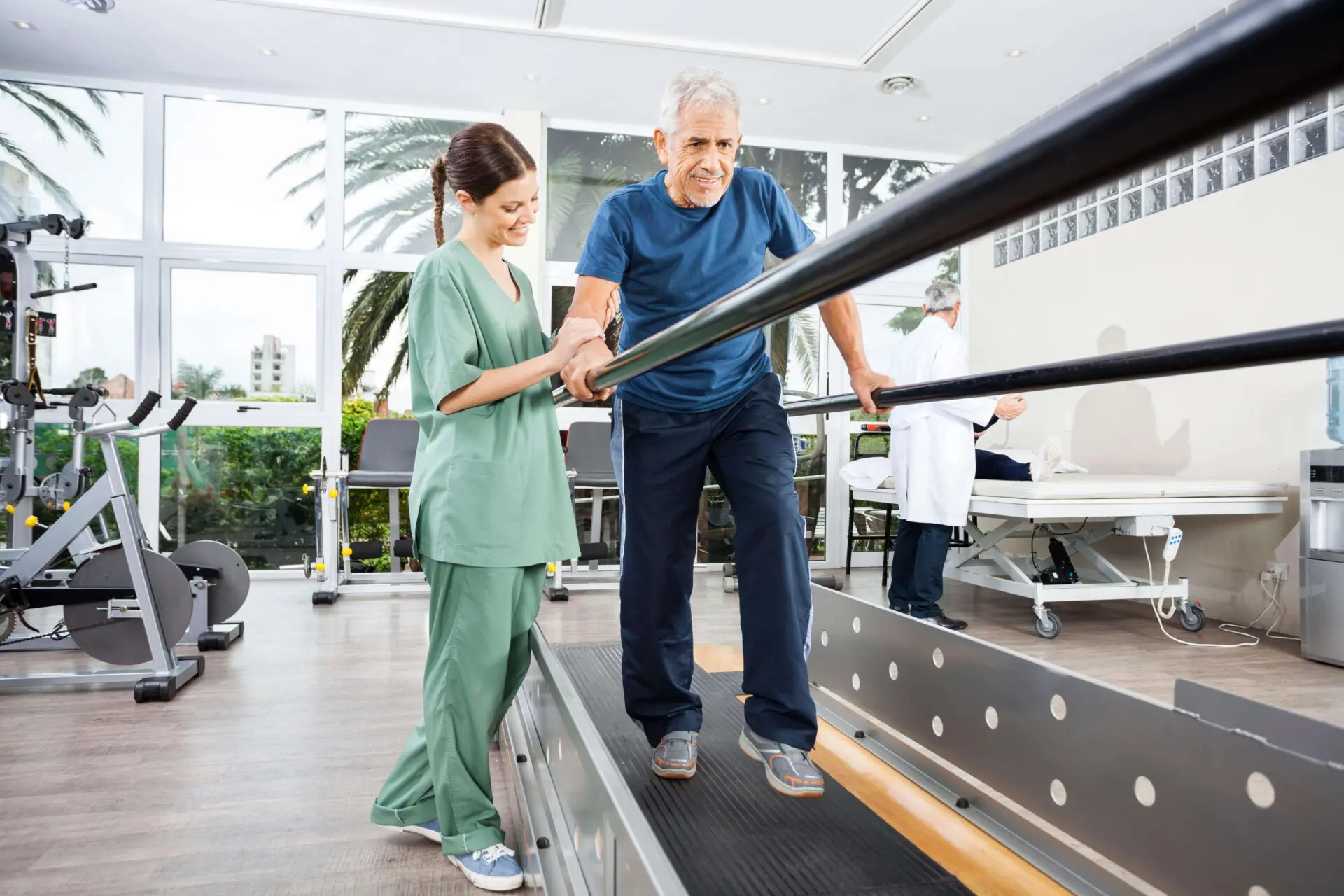The Dementia Fall Risk PDFs
The Best Strategy To Use For Dementia Fall Risk
Table of Contents7 Simple Techniques For Dementia Fall RiskIndicators on Dementia Fall Risk You Need To KnowNot known Facts About Dementia Fall RiskA Biased View of Dementia Fall RiskDementia Fall Risk - An Overview
Based on signs and signs and symptoms, such as evidence of head injury or a brand-new focal neurologic deficit, calculated tomography or MRI of the mind might be shown. An assessment for reasons of syncope should be conducted just if there is strong suspicion, as when it comes to reoccurring, unexplained falls
Medical care carriers utilize a loss threat assessment to recognize your danger factors for falling and make valuable referrals. A loss danger evaluation is vital because knowing which factors raise your possibilities of dropping aids you: Reduce your risk of falling or injuring on your own.
Maximize your capacity to relocate and be active. Preserve a healthy, independent life. All adults 65 years and older need to have a first loss threat testing. Your doctor may ask you whether you: Feeling unsteady when standing or strolling. Have fallen in the previous year. Worry about dropping. If you answer yes to any one of these concerns, your health care service provider will advise an added, more thorough examination.
The Best Strategy To Use For Dementia Fall Risk

Discover this extensive nursing treatment strategy and management guide to effectively stop threat for falls amongst people. Obtain crucial expertise concerning the nursing assessment, nursing diagnosis, and objectives particularly customized to patients who are at threat for falls. A is specified as an event that a knockout post leads to an individual coming to rest accidentally on the ground or floor or various other reduced degree (THAT, 2021).
Falling is the second leading cause of fatality from unintended injuries around the world. It is estimated that loss fatality rates in the United state
Little Known Facts About Dementia Fall Risk.
If this price continues, the CDC prepares for 7 loss fatalities every hour by 2030.
Annually, over 800,000 people are hospitalized because of drops. Nurses play a major role in protecting against drops for their individuals via education and learning, assessing loss danger, creating safer environments, and providing treatments in avoiding injuries from drops. Several danger elements and anonymous conditions contribute to drops, including the following:. Aged 65 years and older; lower arm or leg prosthesis; use assistive devices such as walker, crane, and mobility device; living alone.
Autumns are due to several elements, and a holistic strategy to the individual and setting is important. Intend a person is considered at high danger for falls after the screening.
The Ultimate Guide To Dementia Fall Risk
A requires using a validated tool that scientists have actually analyzed to be beneficial in naming the causes of drops in an individual. The level of fall threat can be determined using the analysis of intrinsic and extrinsic aspects.
People are more most likely to drop again if they have actually sustained several falls in the past 6 months. The older populace goes to raised risk of fall-related readmissions based upon a research my site determining the aspects anticipating of repeat drops linked end results (Prabhakaran et al., 2020). Individuals with impaired understanding and disorientation may not recognize where they are or what to do to aid themselves.
In addition, complication and impaired judgment raise the individual's possibility of dropping. The capability of individuals to shield themselves from falls is impacted by such variables as age and growth. Older people with weak muscular tissues are more likely to drop than those that preserve muscular tissue strength, versatility, and endurance. These adjustments consist of minimized aesthetic feature, impaired color perception, modification in center of mass, unstable stride, lowered muscular tissue toughness, lowered endurance, transformed depth understanding, and postponed feedback and response times.
The 20-Second Trick For Dementia Fall Risk
Less contrast sensitivity was rather related to both raised prices of falls and various other injuries, while reduced visual skill was just related to boosted loss price (Wood et al., 2011). Sensory assumption of ecological stimulations is extremely important to safety. Vision and listening to disability limit the individual's capability to perceive risks in the surroundings.
Older grownups who have bad equilibrium or difficulty walking are a lot more most likely to drop., or various other medical problems and therapies., and usage of psychotropic medicines (Stanmore et al., 2013).